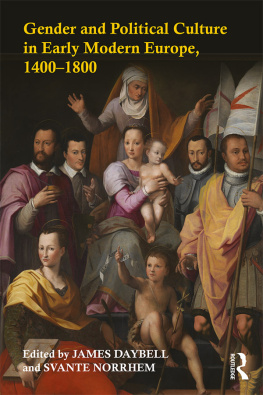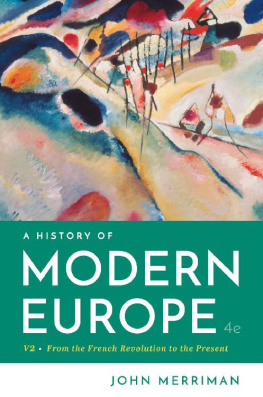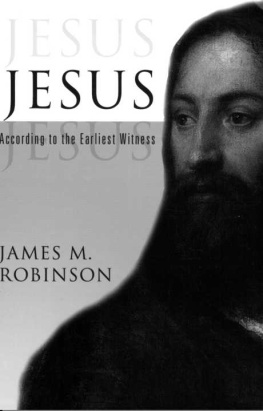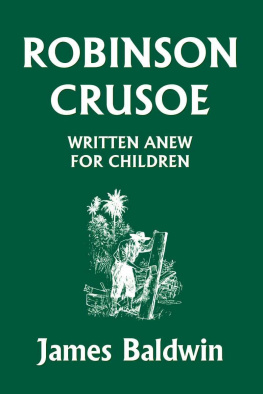FRANCE BEFORE LOUIS XIV
The nation which has unmistakably assumed the leading role in European affairs during the past two hundred years is France. At the opening of the eighteenth century she already enjoyed a commanding position. In the wars to which the ambition of her king, Louis XIV, gave rise, almost all the countries of western Europe took part; even their colonies in distant regions were involved, and the map of the world was fundamentally altered. A generation after Louis XIVs death France began to be recognized as the great teacher of Europe; her philosophers and economists denounced the abuses which existed everywhere and urged the reform of ancient, outworn institutions. When, in due time, France wrought a revolution in her own government, she speedily forced other nations to follow her example. Indeed, carried away by the genius of her general, Napoleon Bonaparte, she seemed at one time about to bring all Europe under her sway. Even since that arch-disturber of the peace was finally captured and sent to die on the rock of St. Helena, France has twice precipitated serious crises in European affairs, when in 1848 she proclaimed a new revolution, and in 1870 she assumed the responsibility for the last important war that has afflicted western Europe.
Of the long history of France from the conquest of Gaul by Julius Csar to the accession of Louis XIV in 1643 little can be said here. The French kings had, from about the year 1100, begun to get the better of their vassals and had succeeded, with some setbacks, in forming a tolerably satisfactory kingdom when, about a hundred years before Louis XIVs time, the struggle between Protestants and Catholics produced new and terrible disorder which lasted for a whole generation.
After the close of the wars of religion Henry of Navarre (1589-1610), Louis XIVs grandfather, reformed and strengthened the royal power. He had himself been a Protestant in his earlier days and consequently treated the Huguenots with consideration; he assigned them fortified cities of refuge, and granted them certain privileges in order to protect them from attacks by their Catholic enemies. But Henry was assassinated in 1610 and his great work was left half done, although he has always remained an heroic and popular figure.
Henrys son, Louis XIII, had little capacity and he prudently delegated the direction of the government to Cardinal Richelieu, probably the greatest minister that France has ever had. Richelieu found that the Huguenots, owing to the exceptional position in which Henry had placed them, were sharing the monarchy with the king, as he expressed it. He accordingly reduced them to the position of ordinary subjects by depriving them, after a struggle, of the cities of refuge granted them by Henry IV.
The strength of the disorderly tendencies of the nobility had much increased during the turmoil of the prolonged wars of religion. Richelieu accordingly ordered the destruction of all the unnecessary castles and fortresses within the realm, on the ground that they served as so many temptations to resist the kings officers. These officers themselves, who too often acted as if they were absolute rulers in their districts, were strictly watched and corrected by the minister, who was ever jealous of his sovereigns rights.
His successor, the wily Italian, Mazarin, who conducted the government during Louis XIVs boyhood, was able to put down the last preposterous rising of the discontented nobles in the so-called War of the Fronde.
When Mazarin died in 1661 he left to the young monarch a kingdom such as no previous French king had enjoyed. The nobles, who for centuries had disputed the power with Hugh Capet and his successors, were no longer feudal lords but only courtiers. The Huguenots, whose claim to a place in the state beside the Catholics had led to the terrible civil wars of the sixteenth century, were reduced in numbers and no longer held fortified towns from which they could defy the kings agents. Richelieu and Mazarin had successfully taken part in the Thirty Years War (1618-1648), and France had come out of it with enlarged territory and increased importance in European affairs.
LOUIS XIV (1643-1715)
Louis XIV carried the work of these great ministers still further. He gave that despotic form to the monarchy which it retained until the French Revolution. He made himself the very mirror of kingship. His brilliant court at Versailles became the model and the despair of other less opulent and powerful princes, who accepted his theory of the absolute authority of kings and would gladly have imitated his luxury. By his incessant wars of aggression he kept Europe in turmoil for over half a century. The distinguished generals Turenne, Cond, and Vauban who led his newly organized troops, and the unscrupulous diplomats who arranged his alliances and negotiated his treaties, made France feared and respected by even the most formidable of the other European states.
Louis had the same idea of kingship which the first Stuart king of England, James I, had fifty years earlier tried in vain to induce the English people to accept. God had given kings to men, and it was Gods will that monarchs should be regarded as his lieutenants and that all those subject to them should obey them absolutely, without asking any questions or making any criticisms; for in yielding to their princes they were really yielding to God himself. The Bible was used to prove that the person of the king was sacred and that to attack in any way the anointed of the Lord was sacrilege. If the king were good and wise, his subjects should thank the Lord; if he proved foolish, cruel, or perverse, they must accept their evil ruler as a punishment which God had inflicted upon them for their sins. But in no case might they limit his power or rise against him.
Louis had one distinct advantage over the Stuart kings. The English had generally shown themselves more reluctant than the French to place absolute power in the hands of their rulers. By her Parliament, her courts, and her various declarations of the nations rights, England had built up traditions which made it impossible for the Stuarts to establish their claim to be absolute rulers.
In France, on the other hand, there was no Great Charter or Petition of Right; nor had a representative body like the English Parliament developed which could restrain the king and his officers by refusing to grant them money. The French kings, it is true, had from about the year 1300 been accustomed to call together from time to time representatives of the three estates of the realm, namely, the nobility, the clergy, and the so-called third estate, or townspeople. But the Estates General, as this body was called, assembled only at rare intervals, and while they often protested against heavy taxes and bad government, they did not hold the purse strings. The French king was consequently permitted to raise money without asking the permission of the Estates or previously redressing the grievances which they chose to point out. The king could therefore cheerfully dispense with these assemblies, especially as he did not relish their criticisms and demands for reform.










